The Blitz
The Blitz is the name that was given to the German air attacks on towns and cities in England during the Second World War. This was the continuation of the so-called “Battle of Britain”.
It is usually considered that the Battle of Britain began on July 10th, 1940, and ended on October 31st. The Blitz started with a bombing raid on London on September 7th, 1940, and continued until May 1941. During the period from September 7th to November 3rd, on average 200 bombers attacked London every night. It was not only London that suffered, several other cities and industrial areas were afflicted, such as Coventry, Birmingham, Bristol, Southampton, Liverpool, Manchester and more. The number of civilians affected during the Blitz amounted to 43,381 deaths and 50,856 injured. Within London over a million houses were damaged or destroyed. Despite this, the Blitz was a failed strategy for the Germans. By concentrating the bombing on civilian targets, the British were able to build up the Royal Air Force, to the extent that it could in the end win the Battle of Britain. In May 1941 German forces were withdrawn from France in order to instead prepare for “Operation Barbarossa”, the major attack on the Soviet Union.
